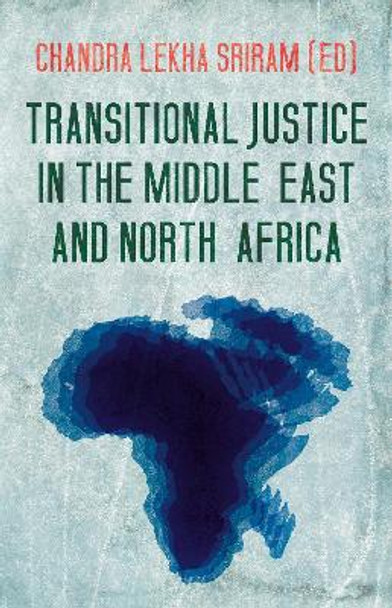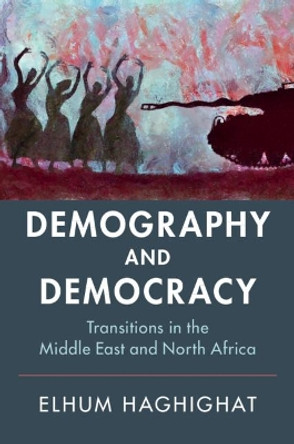Following the 'Arab Spring' uprisings in the Middle East and North Africa, many had high hopes not only for democratisation but also for transitional justice to address the myriad abuses that had taken place in the region, both during the uprisings and for decades prior to them. Protesters had called not only for removal of corrupt and abusive leaders, but also for the protection of human rights more generally, including socio-economic rights as well as civil and political rights. Despite these hopes, most of the transitions in the region have stalled, along with the possibility of transitional justice. This volume is the first to look at this process and brings together leading experts in the fields of human rights and transitional justice, and in the history, politics and justice systems of countries such as Egypt, Tunisia, Libya, Algeria, Bahrain and Morocco. While these countries have diverse histories, political institutions, and experiences with accountability, most have experienced non-transition, stalled transition, or political manipulation of transitional justice measures, highlight--ing the limits of such mechanisms. These studies should inform reflection not only on the role of transitional justice in the region, but also on challenges to its operation more generally.
About the AuthorChandra Lekha Sriram is Professor of International Law and International Relations, at the University of East London, where she is founder and Director of the Centre on Human Rights in Conflict. She is currently the chair of the International Studies Association Human Rights Section, and the co-chair of the London Transitional Justice Network.
Book InformationISBN 9781849046497
Author Chandra Lekha SriramFormat Paperback
Page Count 320
Imprint C Hurst & Co Publishers LtdPublisher C Hurst & Co Publishers Ltd






